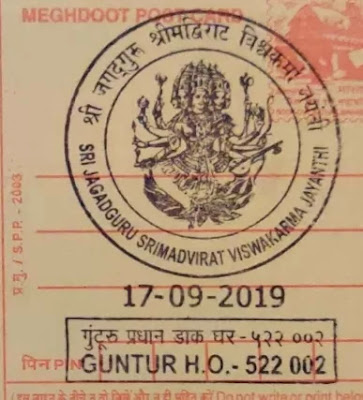International Deafness Week, also known as International Week of the Deaf (IWD), is an annual observance dedicated to raising awareness about the rights, culture, and issues faced by deaf people around the world. This week-long event typically takes place during the last full week of September each year.
The primary goals of International Deafness Week are:
Promoting Deaf Awareness: The week aims to educate the public about the lives and experiences of deaf individuals, their contributions to society, and the challenges they face, including communication barriers and discrimination.
Advocating for Deaf Rights: It provides a platform for advocating for the rights and inclusion of deaf people in all aspects of life, including education, employment, healthcare, and access to information.
Celebrating Deaf Culture: The week celebrates the rich and diverse culture, history, and achievements of the deaf community. It's an opportunity to highlight the importance of sign languages and the contributions of deaf individuals to the arts, sports, and various fields.
Encouraging Inclusivity: International Deafness Week encourages individuals, communities, and organizations to promote inclusivity and accessibility for deaf and hard-of-hearing individuals. This includes making information, services, and facilities more accessible through sign language interpreters, captioning, and other accommodations.
Fostering International Solidarity: The week serves as a reminder of the global nature of deaf issues and the need for international cooperation in addressing them. It promotes solidarity among deaf communities worldwide.
During International Deafness Week, various events and activities are organized, such as sign language workshops, cultural performances, conferences, and awareness campaigns. These activities aim to break down barriers, challenge stereotypes, and promote a more inclusive and equitable society for deaf individuals. The specific dates and events may vary from year to year, but the overarching goal remains consistent: to advocate for the rights and well-being of the global deaf community.









